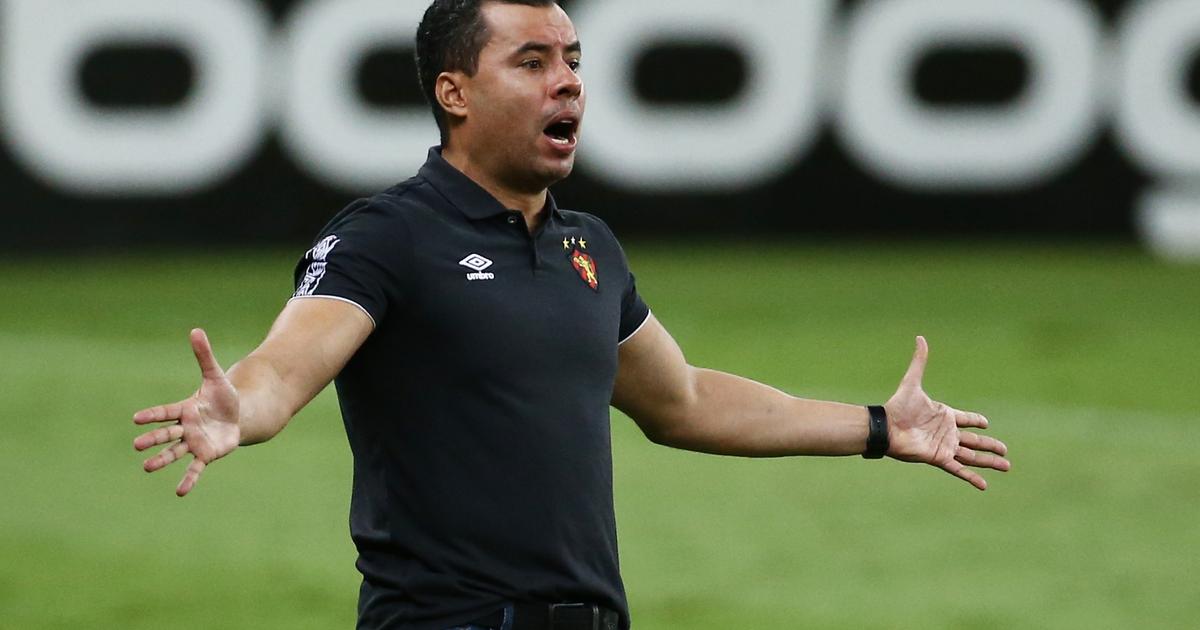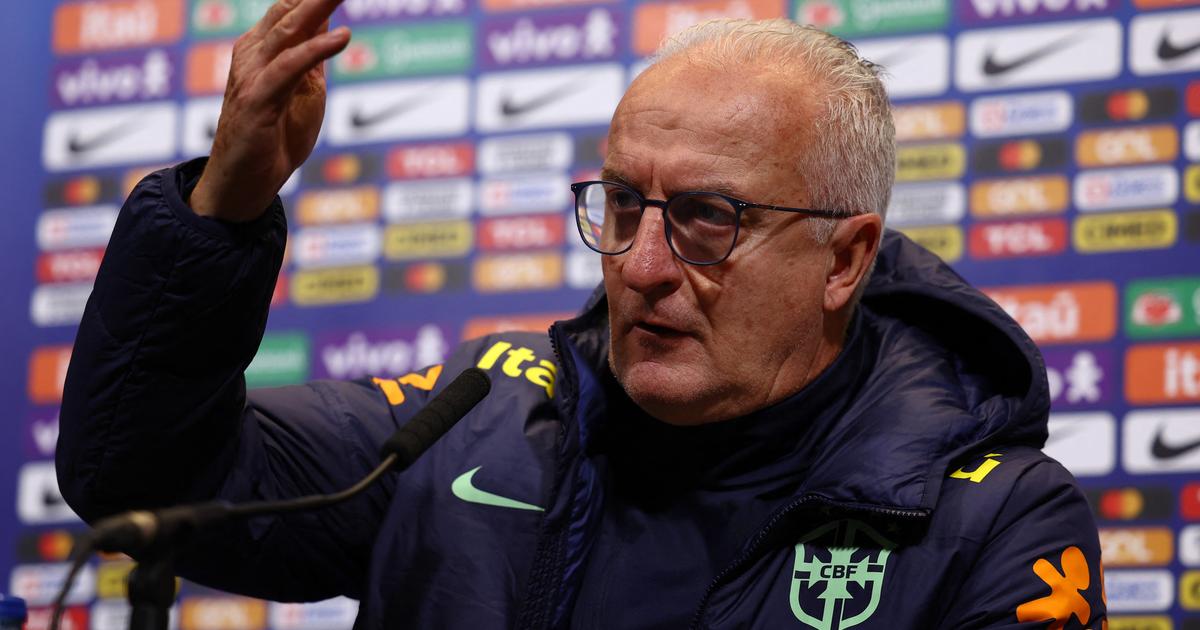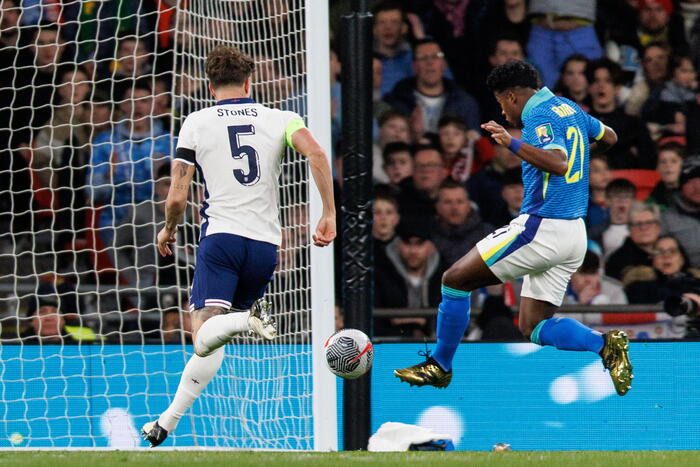Goias is the only one of the twenty Brazilian first division teams to be led this season by a black coach, Jair Ventura, son of Jairzinho, legendary striker world champion in 1970.
To discover
LIVE - War in Ukraine: follow minute by minute the evolution of the conflict
YOUR COMMUNE - The results of the second round of the presidential election in your area
More often than not, entire seasons are spent with only white technicians at the helm of elite clubs, in a country where the black population is the majority – and the ultramajority as far as the players on the pitch are concerned.
“What concerns me is not so much the fact that there are no black coaches (…).
The real problem is that this debate is non-existent within Brazilian football,” said Marcelo Carvalho, director of the Observatory of Racial Discrimination in Football.
“Brazilian society is not shocked by the absence of black people in positions of responsibility.
Football reflects our racist society,” he told AFP.
Blacks and mestizos represent 55.8% of the Brazilian population, but only 24.4% of those elected to Parliament and 29.9% of executives in the labor market, according to the IBGE statistics institute.
The Seleçao, five-time world champion, had only two black coaches
In the last American country to have abolished slavery, in 1888, the black coaches who have led elite clubs in recent years can be counted on the fingers of one hand: Andrade, Cristovao Borges, Marcao, Roger Machado and Jair Ventura.
Even if Brazil is considered the world champion of the coaching waltz, very few black technicians are hired during the multiple changes at the head of the teams during the season.
Some have disappeared from circulation when they had proven themselves, like Andrade, champion of Brazil at the head of Flamengo in 2009.
The Seleçao, five-time world champion, had only two black coaches, Gentil Cardoso (1959) and Vanderlei Luxemburgo (1998-2000), who is mixed race, but was slow to recognize himself as a black man.
"There is a prejudice, very rooted, structural, (...) against black coaches, and we must fight against this prejudice," said current coach Tite in October.
Unlike most players, coaches wield real power within clubs, which experts say explains the prejudices inherited from slavery, which call into question their ability to lead men.
“At the time of the abolition of slavery, black people were left on their own, without a policy to give them opportunities.
In the collective imagination, blacks are absent from circles of power and positions of responsibility because they do not aspire to it, or because they do not have the necessary intellectual qualities, ”insists Marcelo Carvalho.
Quotas
Coach of Gremio, a historic club in southern Brazil recently relegated to the second division, Roger Machado, 47, says he has been regularly the victim of racism, sometimes being taken for a bodyguard for his Métis daughter.
"The first times I was sacked, people said that I was not capable of managing the squad, whereas when I was a player, I was often captain and I was rightly praised for my qualities as a leader of men,” he told AFP.
If the fight against racism has made progress in recent years in Brazil, Machado does not see the same momentum on the side of football.
“There is still a lot of room for players and coaches to get more involved, but I don't blame them.
Players are conditioned not to comment on subjects that do not directly affect the field, ”he continues.
Sociologist Danielle Cireno, from the Federal University of Minas Gerais, believes that change will come through anti-racist education and strong public policies in the world of football.
“We have quotas for blacks in universities, in civil service competitions.
Why not for coaches?” she said.
Brazil is no exception: at the last World Cup, in 2018, only one of the 32 nations in the running, Senegal, had a black coach, Aliou Cissé.







/cloudfront-eu-central-1.images.arcpublishing.com/prisa/RARRQKA3PYURRZK7PVX2YEEKQE.jpg)

